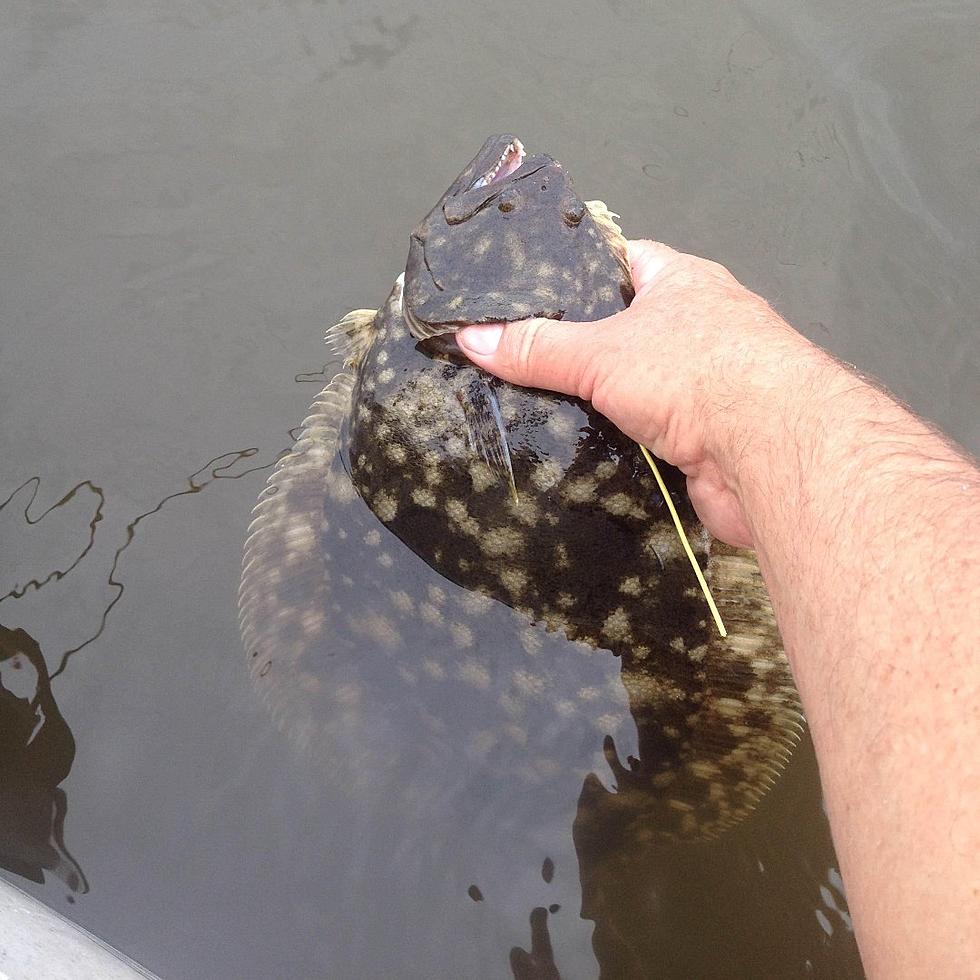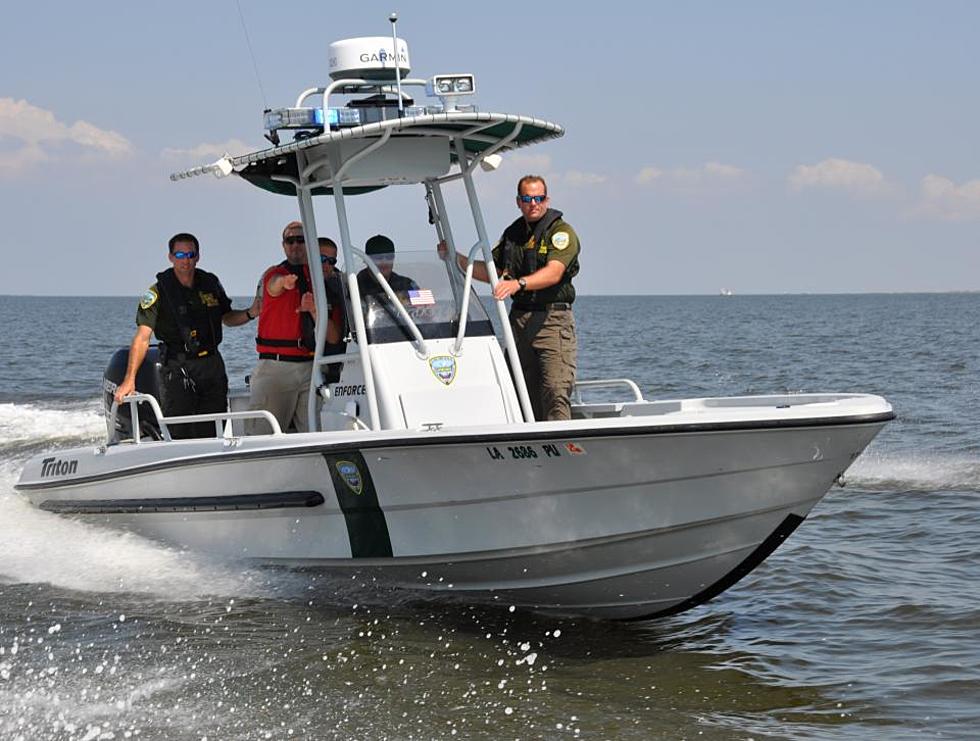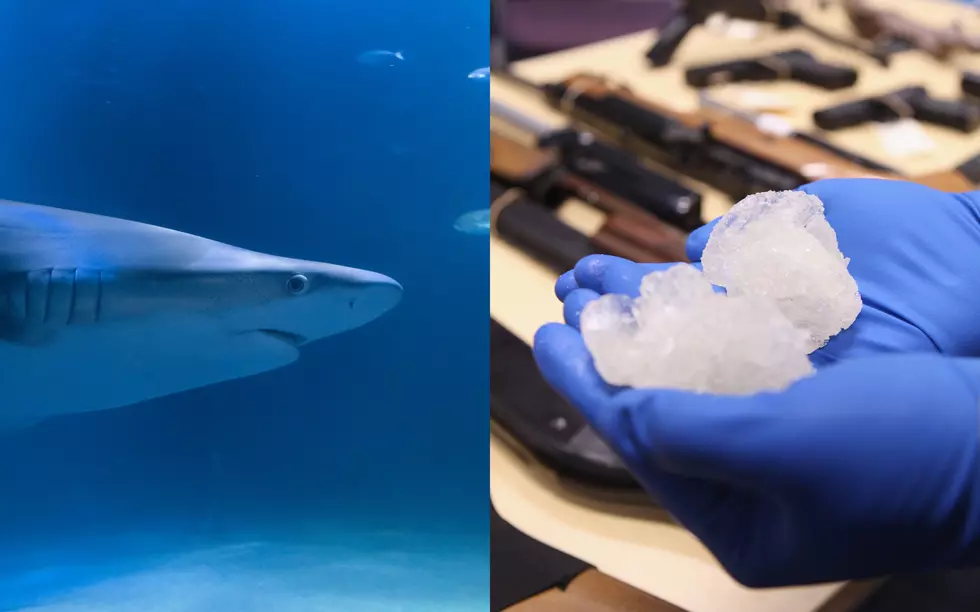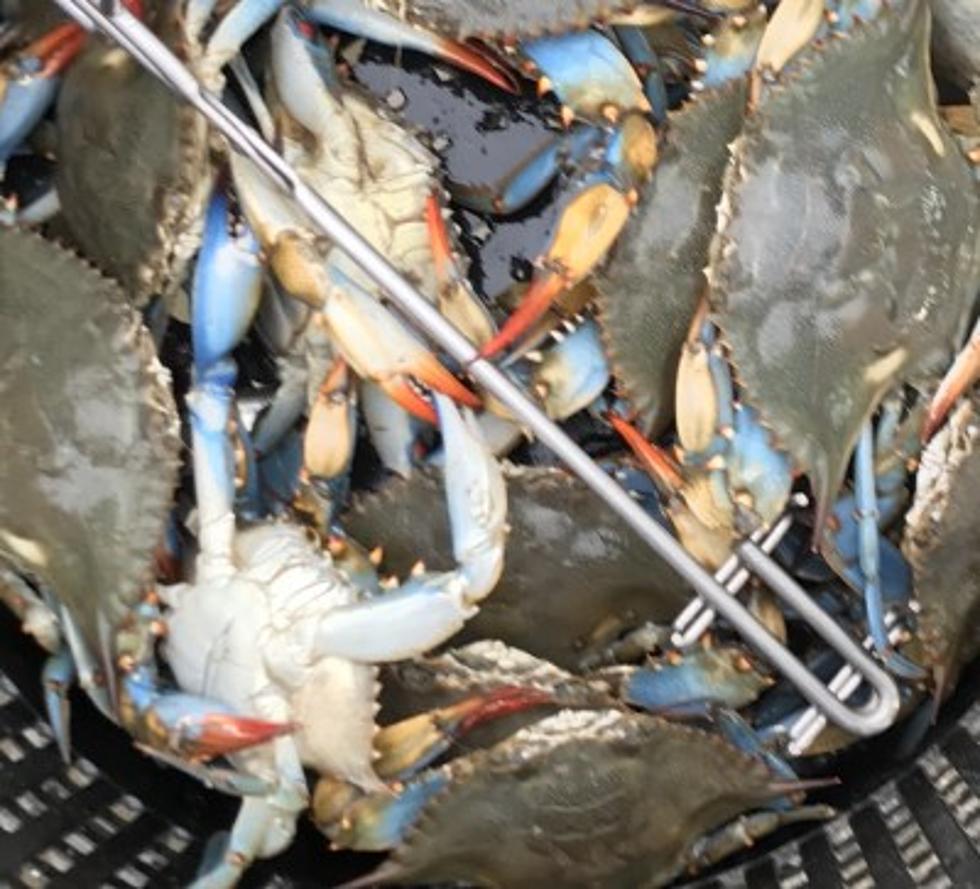
Last Weekend for Flounder Fishing in Louisiana
As they say: there is a time and a place for everything.
"To everything (turn, turn, turn)
There is a season (turn, turn, turn)
And a time to every purpose, under heaven" - The Byrds, "Turn! Turn! Turn!" via SongFacts
Well, maybe not everything, but for most things; fish included.
The Louisiana Department of Wildlife and Fisheries has announced that Flounder Season will be closed next weekend. The closure is part of the department's attempts to allow for the repopulation of the fish.
The "closed" season won't last long, as it reopens next month.
The Louisiana Department of Wildlife and Fisheries announced earlier this year its intention to regulate the Southern Flounder season, and with great reason:
For those who argue against "more government intrusion", I have to admit that this is one restriction I can get behind.
I clearly recall being able to catch many more flounder when I was younger than what I caught recently. Is it my lack of fishing prowess? Maybe, maybe not: I trust the science.
This closed season is necessary to attempt to recover the stock of Southern Flounder, which is overfished based on results from the most recent flounder stock assessment. - Louisiana Department of Wildlife and Fisheries
Studies done in Louisiana waters show that flounder are being over-fished, so a season will do the population some good.
So, beginning on October 15, 2022, the harvesting of Southern Flounder is prohibited in Louisiana waters until November 30, 2022. Plans are to have the season closed for these dates every year for the foreseeable future.
WHY IS FLOUNDER SEASON CLOSED?
You may wonder why the Louisiana Department of Wildlife and Fisheries decided on October 15 - November 30 for the closure. The answer is simple (someone cue the Barry White music, please): It's during this time that Southern Flounder move out of inland waters, toward deeper water, start cruising the sand bars wearing their Z Cavaricci jeans and, shall we say, find a suitor.
The LWFC chose to move forward with an annual closed season in the fall to allow mature female flounder to escape inshore waters and move offshore to spawn. The closed season is projected to help the stock recover to a healthy biomass target by 2028. - Louisiana Department of Wildlife and Fisheries
A few months ago, I had a conversation with an agent from the Louisiana Department of Wildlife and Fisheries while I was fishing at Rockefeller Wildlife Refuge. During that conversation, the topic of the Southern Flounder came up.
Of course, neither of us used the "official" name of the fish, we both (as most people do) called them, simply, "flounder".
He told me that there was a biologist who had been working in the area to specifically study the flounder. She would fish in different areas of the refuge to try to catch flounders. If she caught any, she would take note of the specifics of each fish caught, and then she would carefully release the fish back into the water.
The Louisiana Wildlife and Fisheries Commission (LWFC) adopted a Notice of Intent (NOI) to set an annual closed season for the recreational and commercial harvest of Southern Flounder from October 15 through November 30 of each year. Modifications in this rule create one statewide closed season for Southern Flounder for both the recreational and commercial sectors. - Louisiana Department of Wildlife and Fisheries
What was noticed about her studies is that she didn't catch many flounders. Like, not many at all. I don't recall the exact numbers, but it was WAY lower than the studies from years past.
And I understand that studies like hers were taking place in different places across the coastal area of Louisiana and, obviously, the numbers were low enough to prompt the Louisiana Department of Wildlife and Fisheries to implement a "season" for the Southern Flounder.
What does all of this mean for the average fisherperson? It means that if you catch a flounder in Louisiana waters during the proposed time period in which the harvesting of the fish is prohibited, you must release that fish back into the water from where it was caught.
As for me, I am very interested in the preservation of our natural resources, and I understand the devastation overfishing can have on a species. And, when I back away and look at the big picture, I also understand the devastation the loss of a species can have on an ecosystem.
I am willing to go for a few weeks of catch and release to help preserve the species so they can continue to be enjoyed by generations to come.
Remember: A bad day of fishing beats a good day at work, any day.
Fun Facts About Louisiana That May Surprise You
Texas Hunting Ranch for Sale Includes Western Town & Lazy River
More From Classic Rock 105.1









